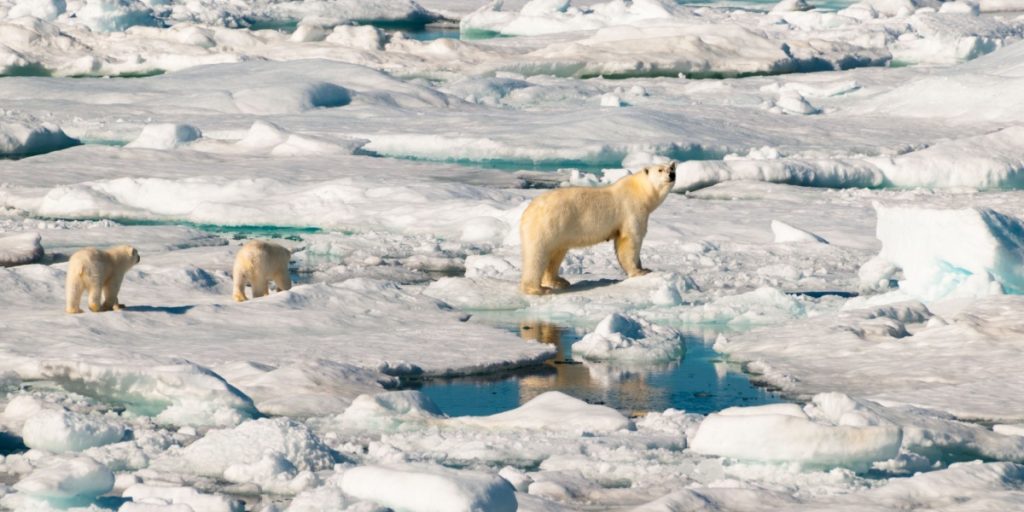Over the past 40 years, the Arctic has experienced significant biodiversity loss, pollution, and rising sea levels.
Others are reading now
As the Arctic warms at four times the global average, scientists are raising alarms about a potential pandemic emerging from this rapidly changing region.
Forever Chemicals Accumulate
Christian Sonne, a researcher at Aarhus University in Denmark, highlights the risk of zoonotic diseases originating in the Arctic as its fragile ecosystem degrades, according to Nature and Hotnews.
Over the past 40 years, the Arctic has experienced significant biodiversity loss, pollution, and rising sea levels, all of which threaten the region’s delicate balance.
As ice melts, dangerous chemicals known as “forever chemicals” accumulate, harming the immune systems of animals and humans alike. This increases their susceptibility to respiratory illnesses, creating fertile ground for pathogens to spread.
Also read
They have No Immunity
Sonne explains that invasive species, such as certain fish and marine mammals, are bringing diseases into the Arctic, exposing local wildlife to new threats for which they have no immunity. Compounding the issue, microorganisms long trapped in the ice are being released, posing further health risks to both animals and humans.
The situation is only expected to worsen. Scientists predict that the Arctic could see its first ice-free summer in less than a decade, heightening the risk of a pandemic. The region’s untapped potential for fishing, energy, and tourism could also lead to harmful human activity.
Despite these dangers, global awareness of the Arctic’s microbial activity remains low, and few resources have been allocated to study the potential for an Arctic-born zoonotic outbreak.
While Canada has begun monitoring for pathogens, broader international efforts are lacking, particularly with Russia absent from Arctic Council discussions since 2022.


